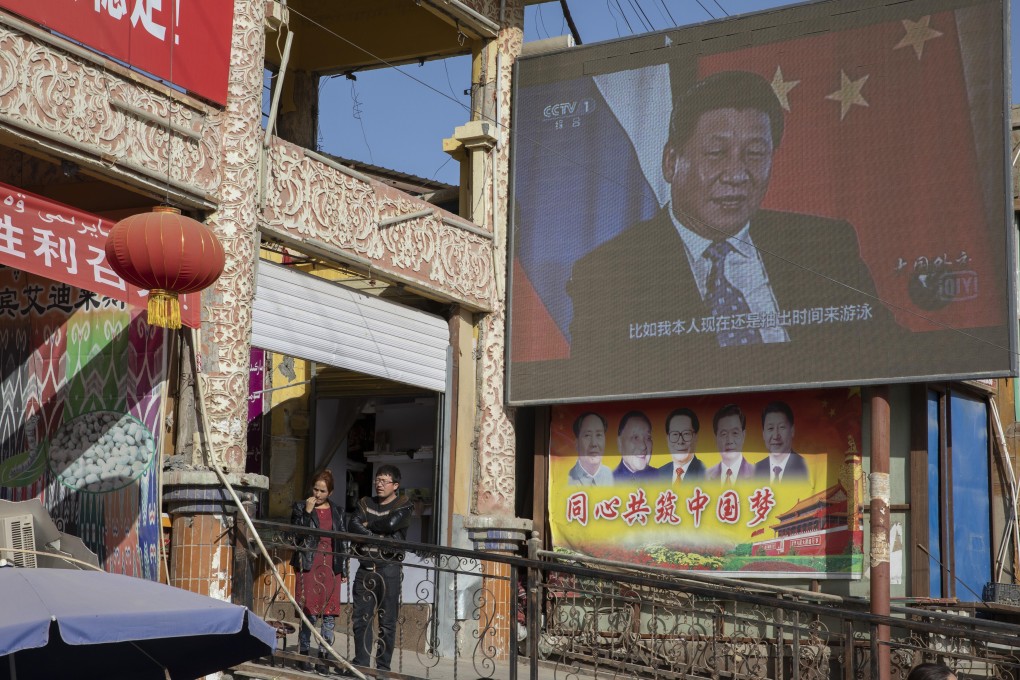Advertisement
China-EU relations: Beijing ramps up the rhetoric in dispute over sanctions
- Foreign ministry likens move by EU, US and others to the Eight-Nation Alliance used to suppress the Boxer rebellion in 1900
- EU’s decision to take punitive action against China was based on ‘lies and false information’, ambassador Cao Zhongming tells Belgian officials
Reading Time:3 minutes
Why you can trust SCMP
48

Beijing has ramped up the rhetoric in its sanctions dispute with the EU, US and their allies by likening the situation to the invasion of China by a foreign coalition to put down the Boxer rebellion more than a century ago.
“Their actions have reminded people of the history of the Eight-Nation Alliance,” foreign ministry spokeswoman Hua Chunying said on Wednesday, referring to a force of about 45,000 troops from the US, Europe and Japan that invaded northern China in 1900.
“But China is no longer what it was 120 years ago,” she said. “No one should dare to offend the Chinese people.”
Advertisement
Hua said the sanctions, first announced by the European Union on Monday, followed by the United States, Britain and Canada – for Beijing’s alleged human rights abuses in Xinjiang – were intended to smear China.
The dispute has seen a flurry of activity in diplomatic circles, with China and European nations summoning each other’s ambassadors to answer for the move and responses to it.
Advertisement
Advertisement
Select Voice
Select Speed
1.00x